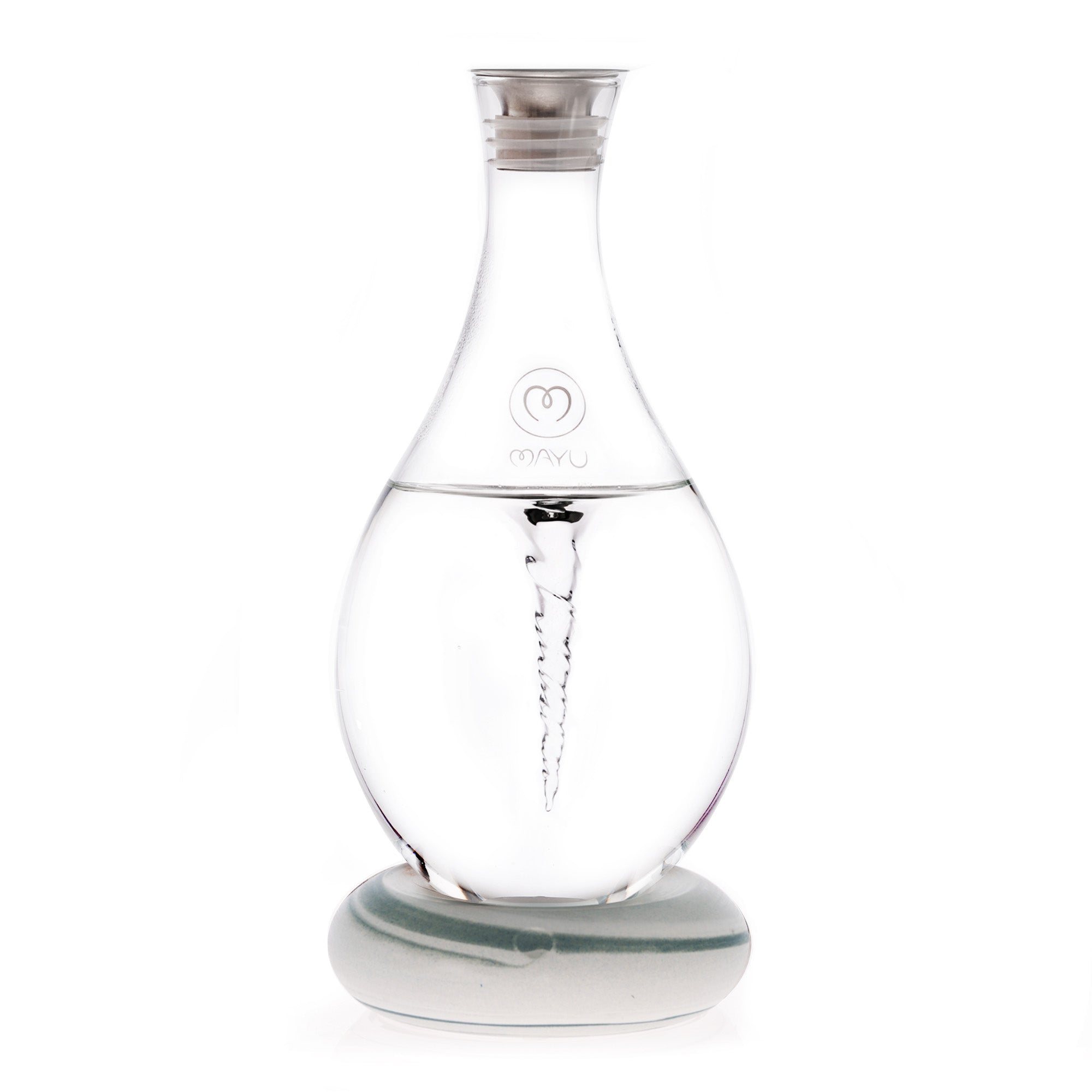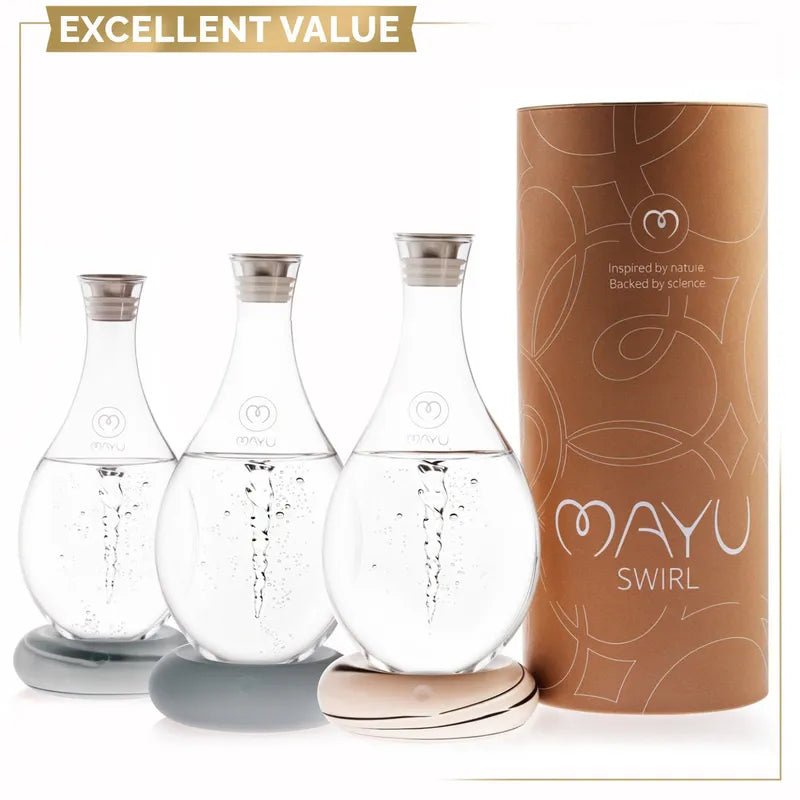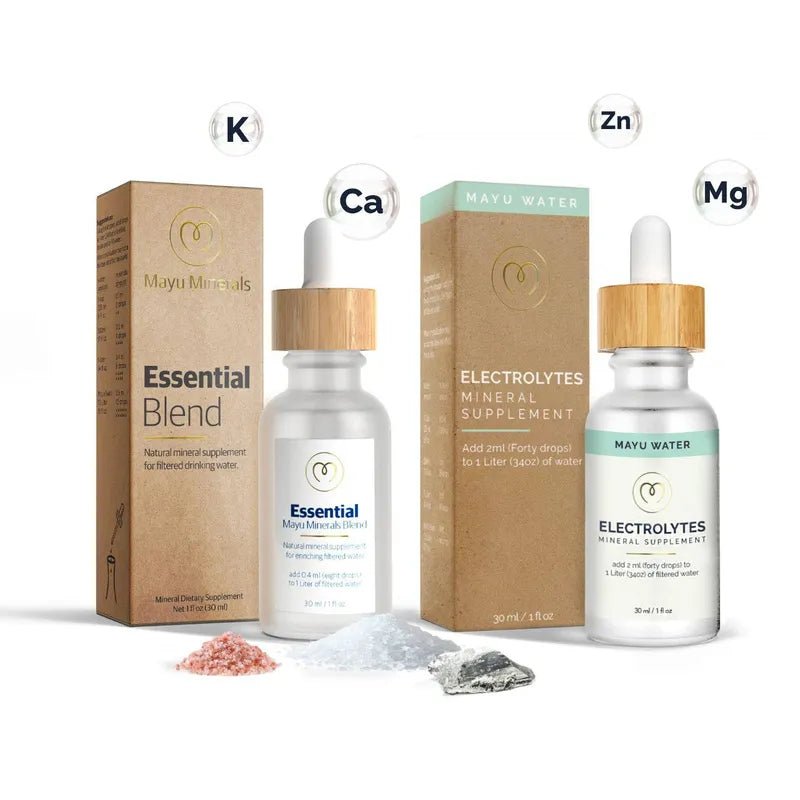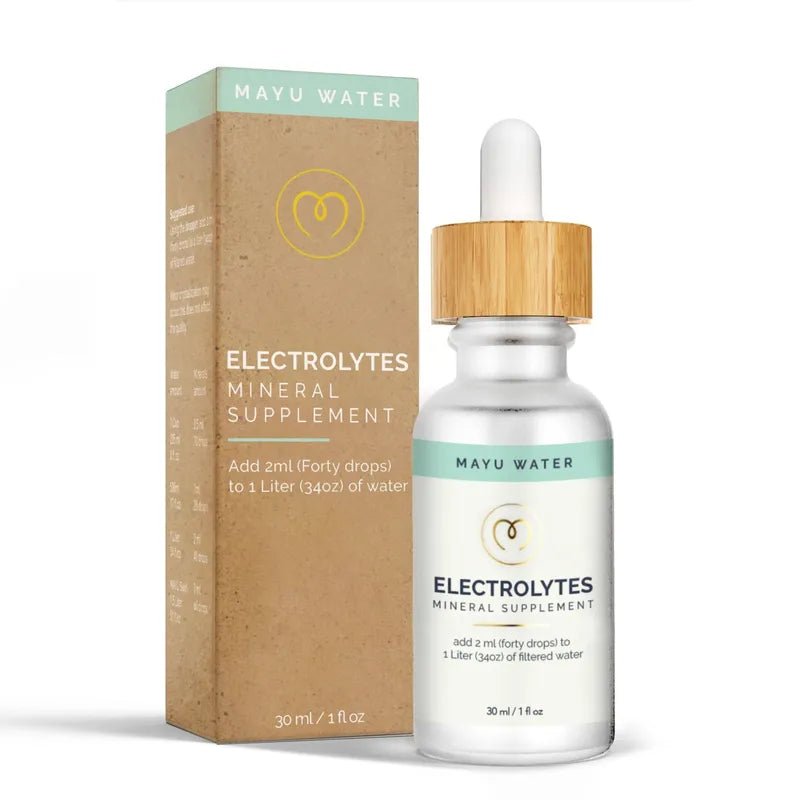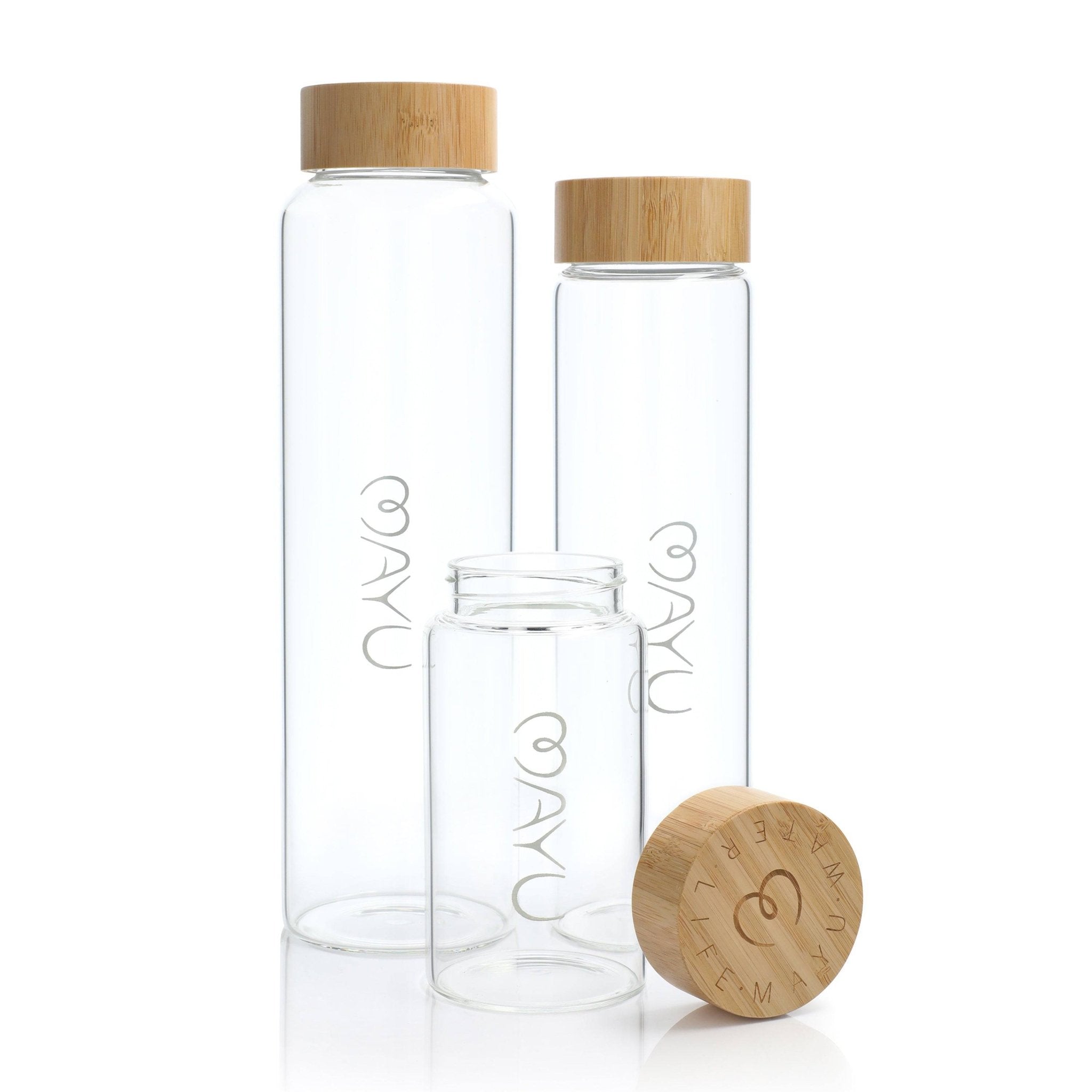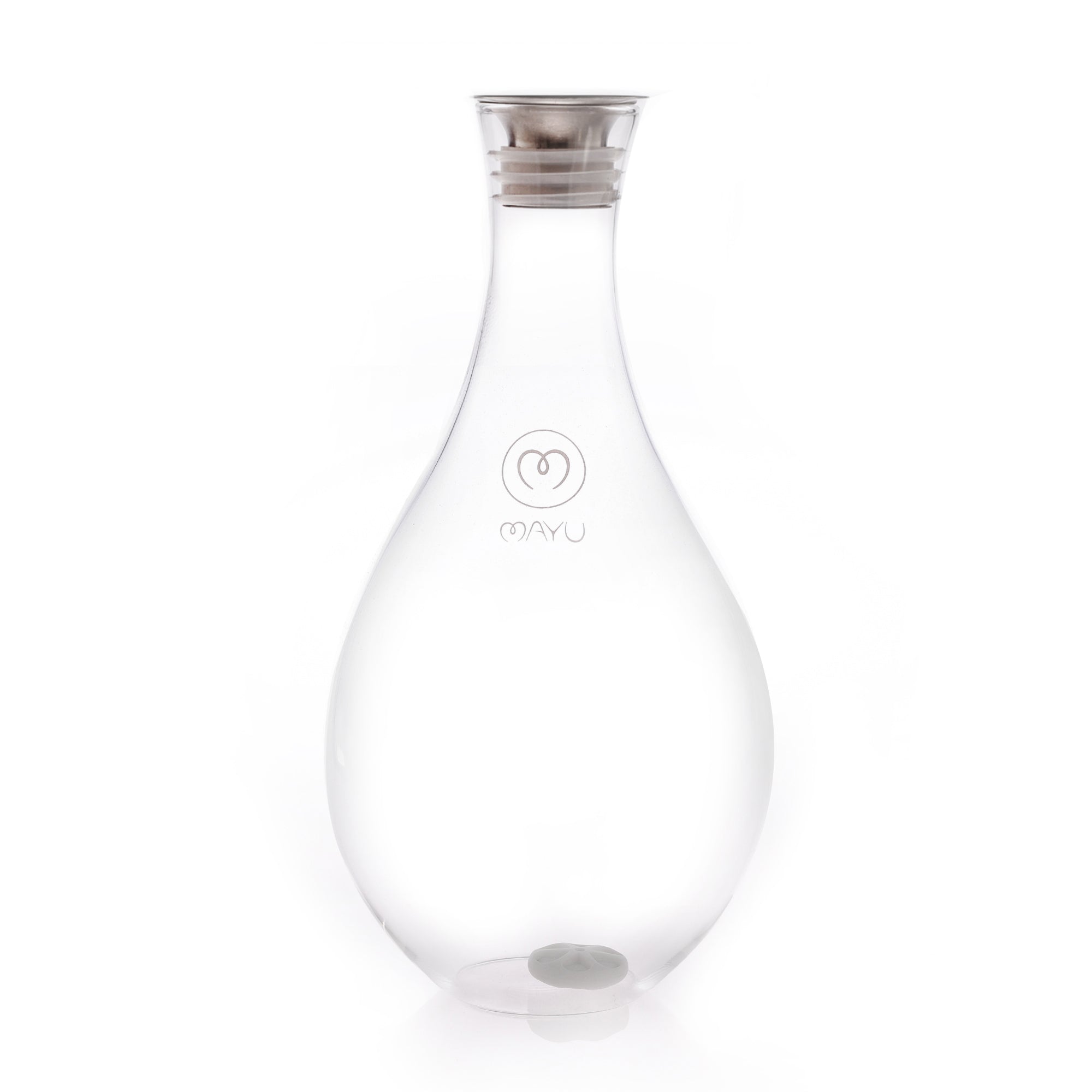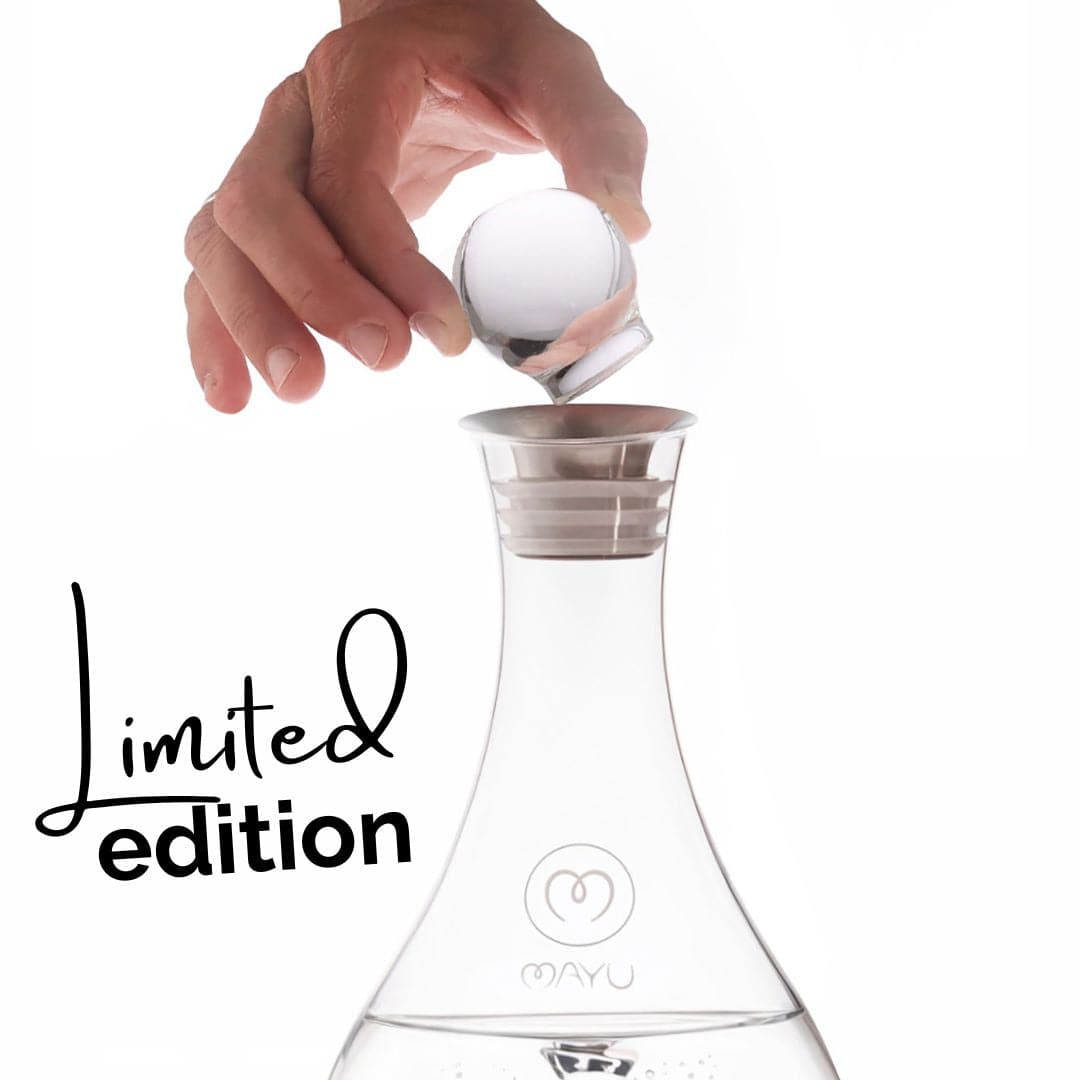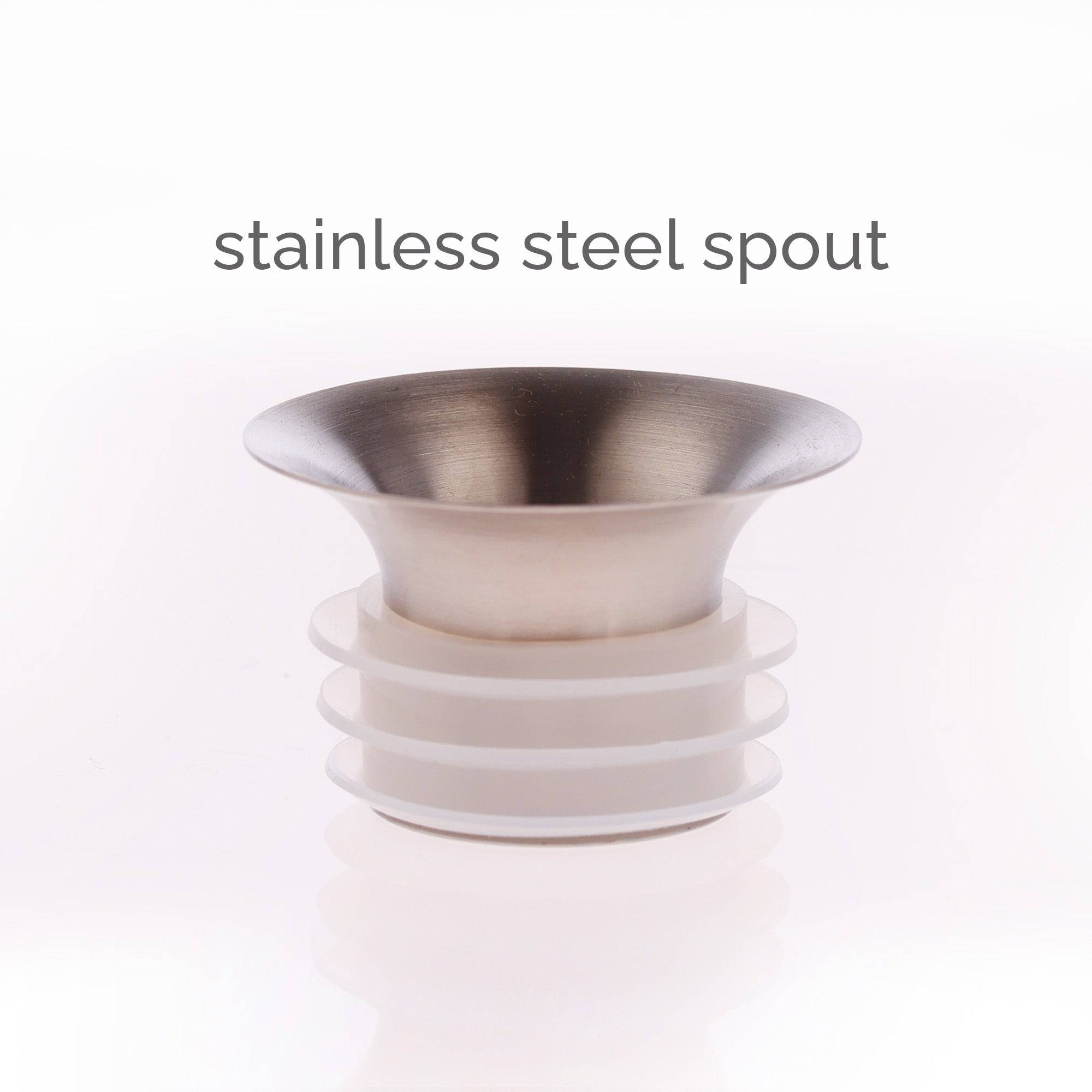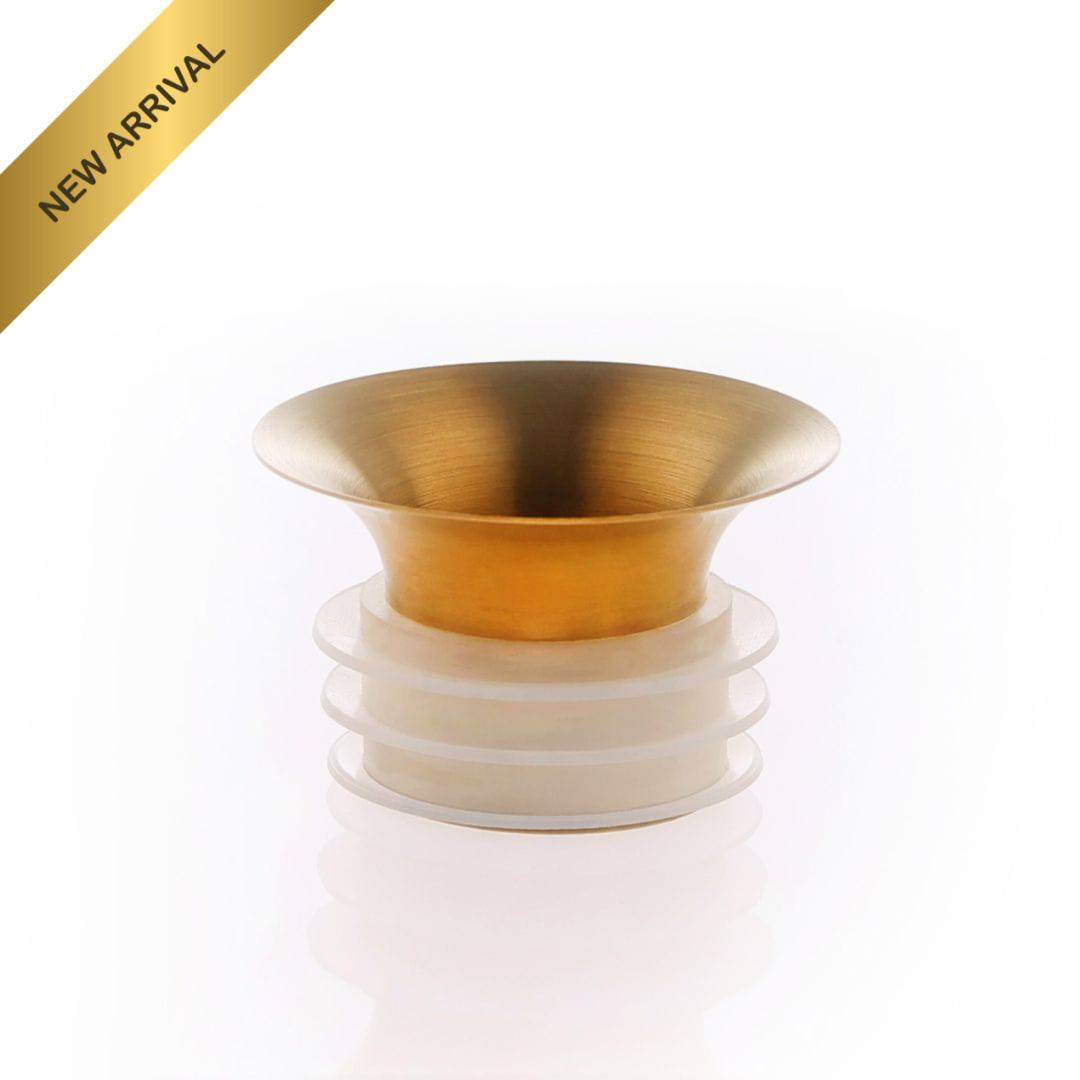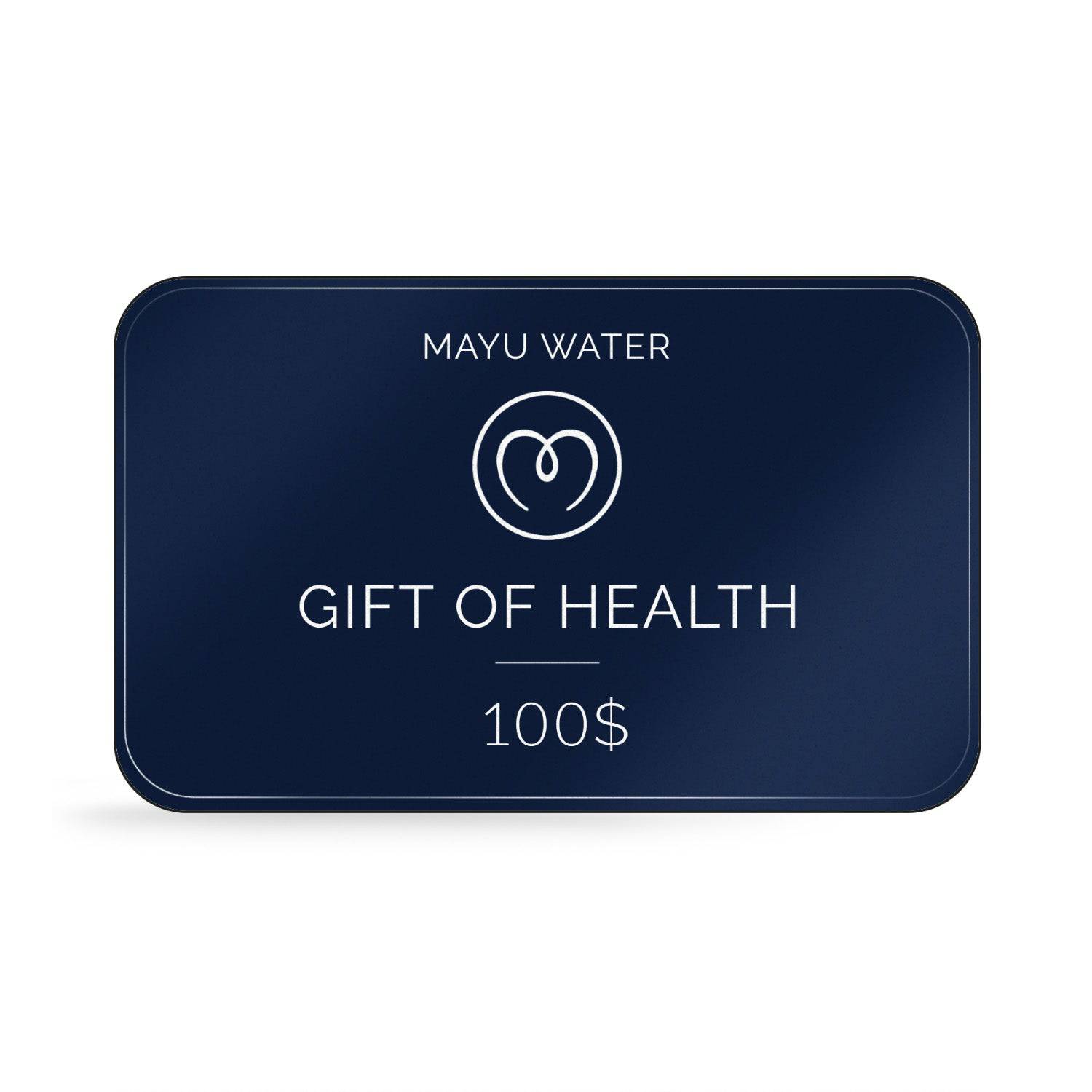H2O Community
Join a community passionate about restoring water to its natural best. We discuss the true impact water has on our lives and share research, questions, ideas, and experiences.
Recent Questions
How is structured water different from hydrogen water?
Hi. What is the difference between structured water and hydrogen water?Asked 3 years ago
6
Answers
8.5k
Views
How do I make structured water with magnets?
Does anyone know how to make structured water at home using magnets? I think it'd be pretty neat to be able to make my own. ThankAsked 3 years ago
3
Answers
11.6k
Views
Is structured water better than rain water?
Structured water shares similarities with water that hasn't been polluted, right? Surely that means that you could use rain water Asked 3 years ago
3
Answers
3.5k
Views
What salt can I use to re-mineralize water?
I want to re-mineralize the drinking water in my home since it’s filtered through the reverse osmosis method. I asked around on soAsked 3 years ago
2
Answers
6.1k
Views
Does reverse osmosis filtered water cause mineral deficiency?
I'm trying to learn more about the different ways water can be filtered without removing too many of its essential minerals. I tooAsked 3 years ago
2
Answers
6.8k
Views
How much time does it take to filter water by absorption?
My partner and I want to get a water filter installed in our home, but we want something time-efficient. So I have been looking upAsked 3 years ago
2
Answers
2.7k
Views
What water filters are suitable for hard water?
I want to filter hard water while still retaining its calcium and magnesium. I know that these minerals in the water are good for Asked 3 years ago
2
Answers
8.2k
Views
Is it better to drink alkaline or acidic water?
I took physics in high school where we learned about pH levels. I always thought that water had a pH level of 7, but I recently reAsked 3 years ago
2
Answers
5.9k
Views
How is structured water different from spring water?
I'm confused by spring water and structured water. To me, it seems like structured water is an attempt to replicate spring water, Asked 3 years ago
4
Answers
2.5k
Views
Is structured water more hydrating than regular water?
Hi everyone. I read somewhere that structured water provides twice as much hydration as other types of water. Is structured water Asked 3 years ago
2
Answers
2.2k
Views
Recent Posts
Maria J Baez Calderon
How to Soften Hard Water at Home: Your Guide to 5 Natural Methods
Can't find what you're looking for?
